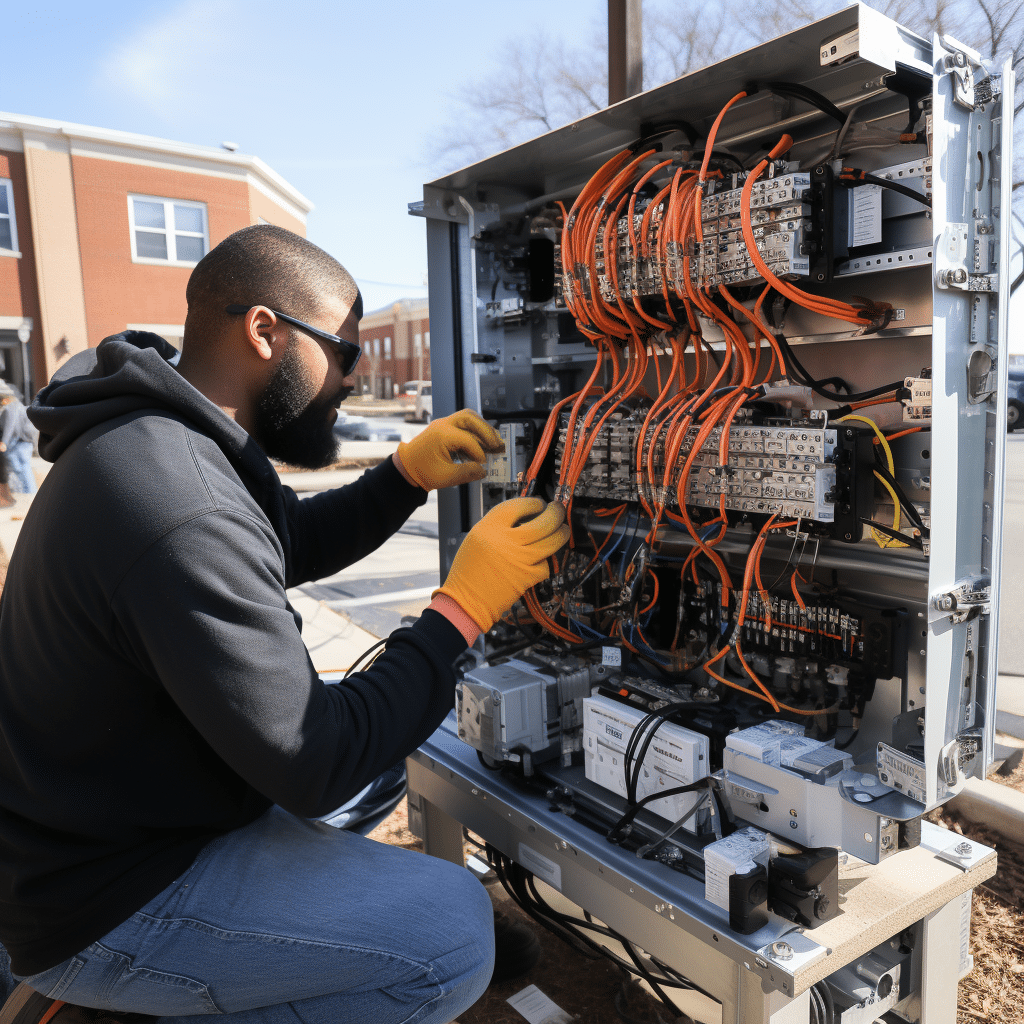The PSTN switch off refers to the discontinuation of the legacy Public Switched Telephone Network, which has become inadequate for the demands of modern communication. This network is being replaced and upgraded with a more robust and advanced alternative: fibre-optic technology.
Traditional PSTN lines, including analogue and digital phone lines, as well as ISDN phone systems commonly used by businesses, along with older internet connections like ADSL and FTTC broadband, will all become obsolete once the complete switch off of the PSTN is executed.
In the UK, Openreach is currently in the process of upgrading local telephone exchanges to transition to a full-fibre network. This upgrade aims to provide fast, dependable, and cost-efficient connectivity. It’s essential for businesses to embrace this evolution in telecoms and connectivity to ensure they are well-connected and prepared for a fully digital future.
By December 2025, the Public Switch Telephone Network (PSTN) will be deactivated. Starting on September 5th, 2023, a ‘stop sell’ regulation will be enforced nationwide in the UK. This mandates that all service providers cease the sale of traditional phone lines and fibre to the cabinet (FTTC) broadband. Simultaneously, no modifications can be made to existing legacy telephony infrastructure.
In response to this, businesses across the UK will be required to transition to a fully digital network that operates via Internet Protocol (IP) over a fibre-optic-based service.
The impact of the PSTN ‘stop sell’ is not limited to telephony services alone. It will necessitate an upgrade to your current broadband connection. Moreover, any devices or systems reliant on the PSTN network—such as alarms, EPOS machines, door entry systems, and CCTV—will also need to be adapted to alternative solutions to ensure seamless functionality.








